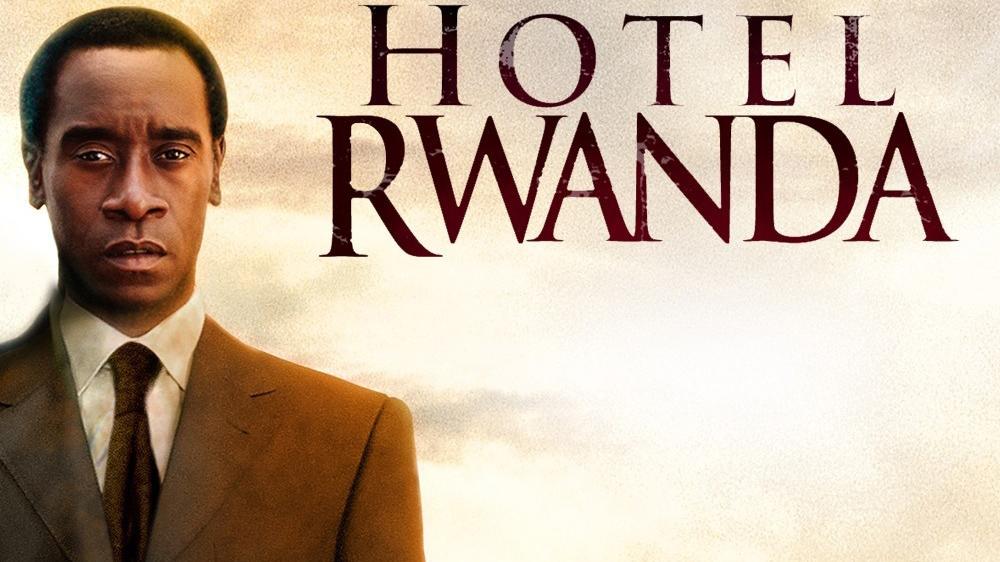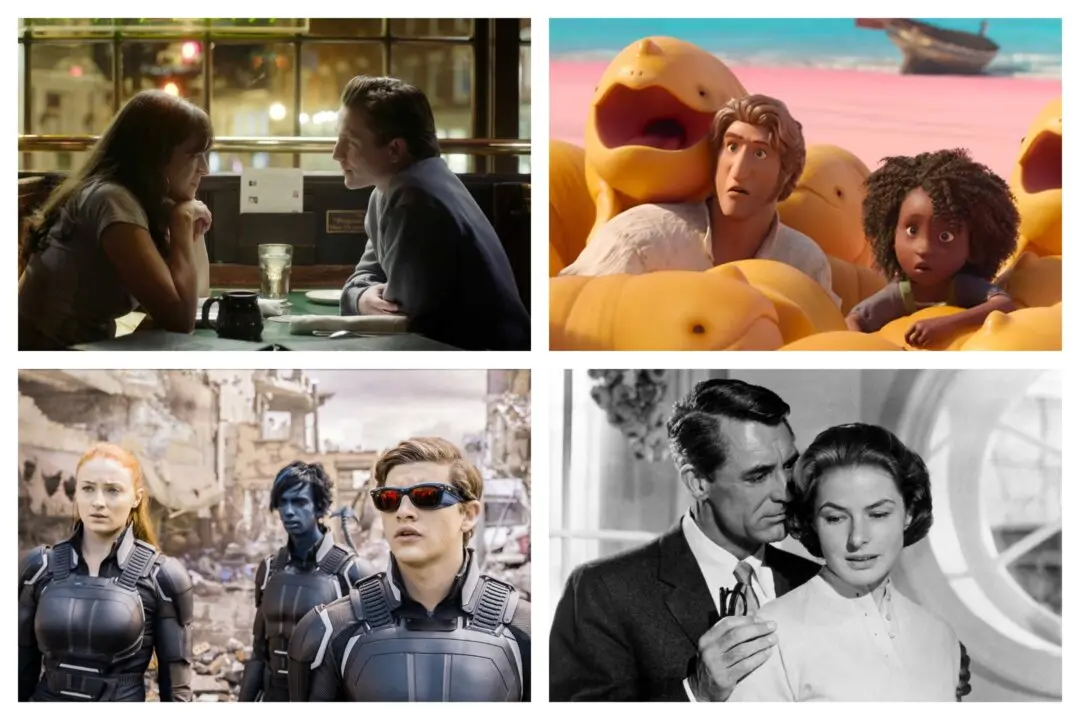PG-13 | 2h 1min | Biography, Drama, History | 4 February 2005 (USA)
I recently watched a tourism video that focused on the capital of Rwanda, a beautiful city called Kigali. One of the things that stood out to me was how immaculate it is—it reminded me of a quaint Japanese town. I knew about the 1994 genocide but had never seen director Terry George’s “Hotel Rwanda,” and felt a bit guilty about knowing so little about what went down in the tiny, land-locked country. The film not only shows what occurred back then, but it also manages to humanize many who were involved in that tumultuous period of the country’s history.






